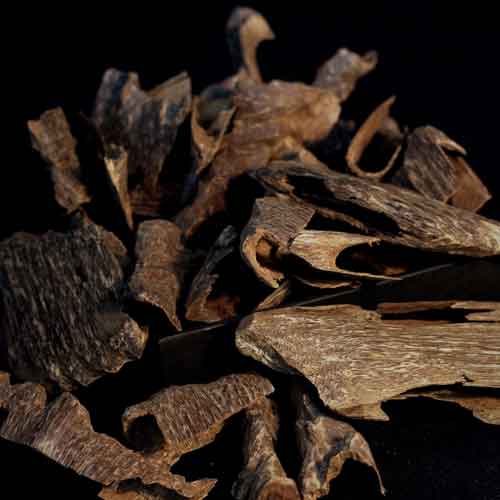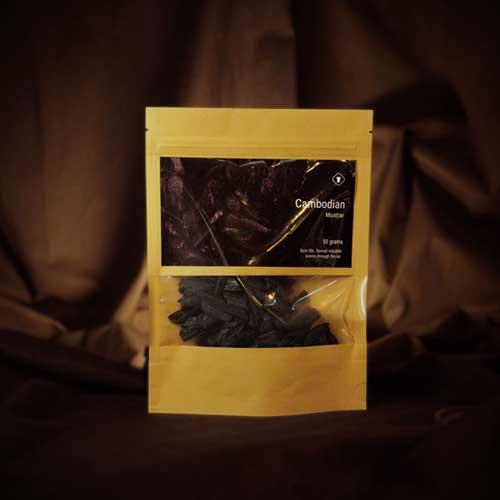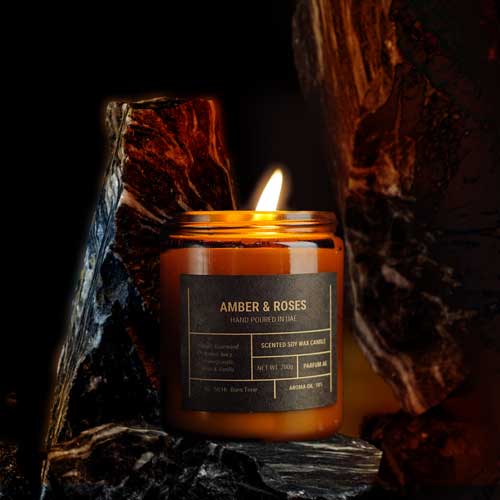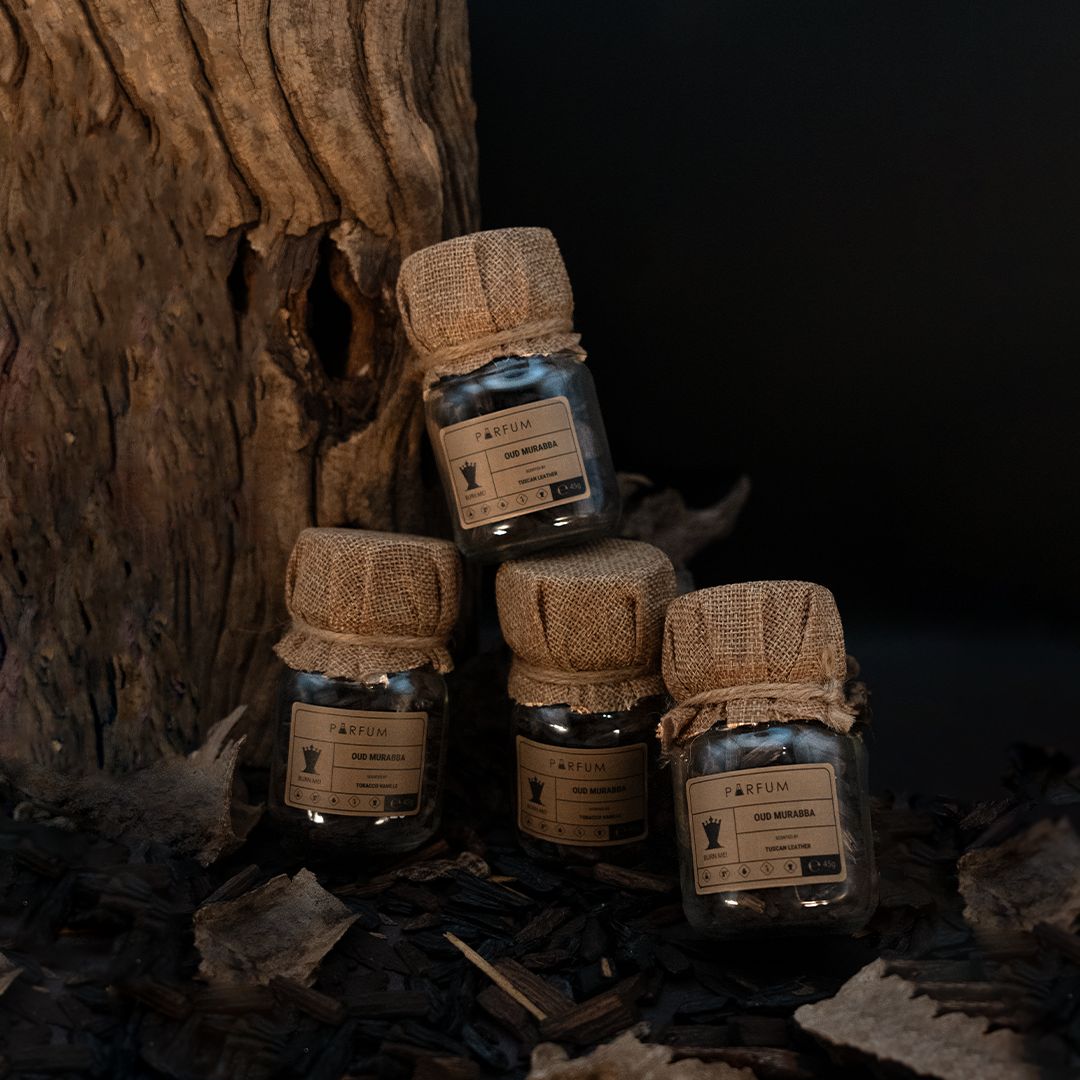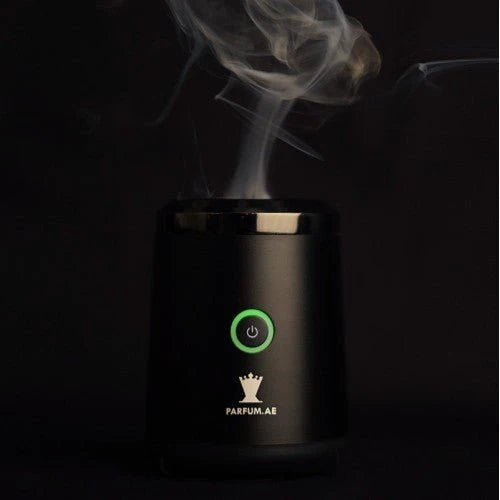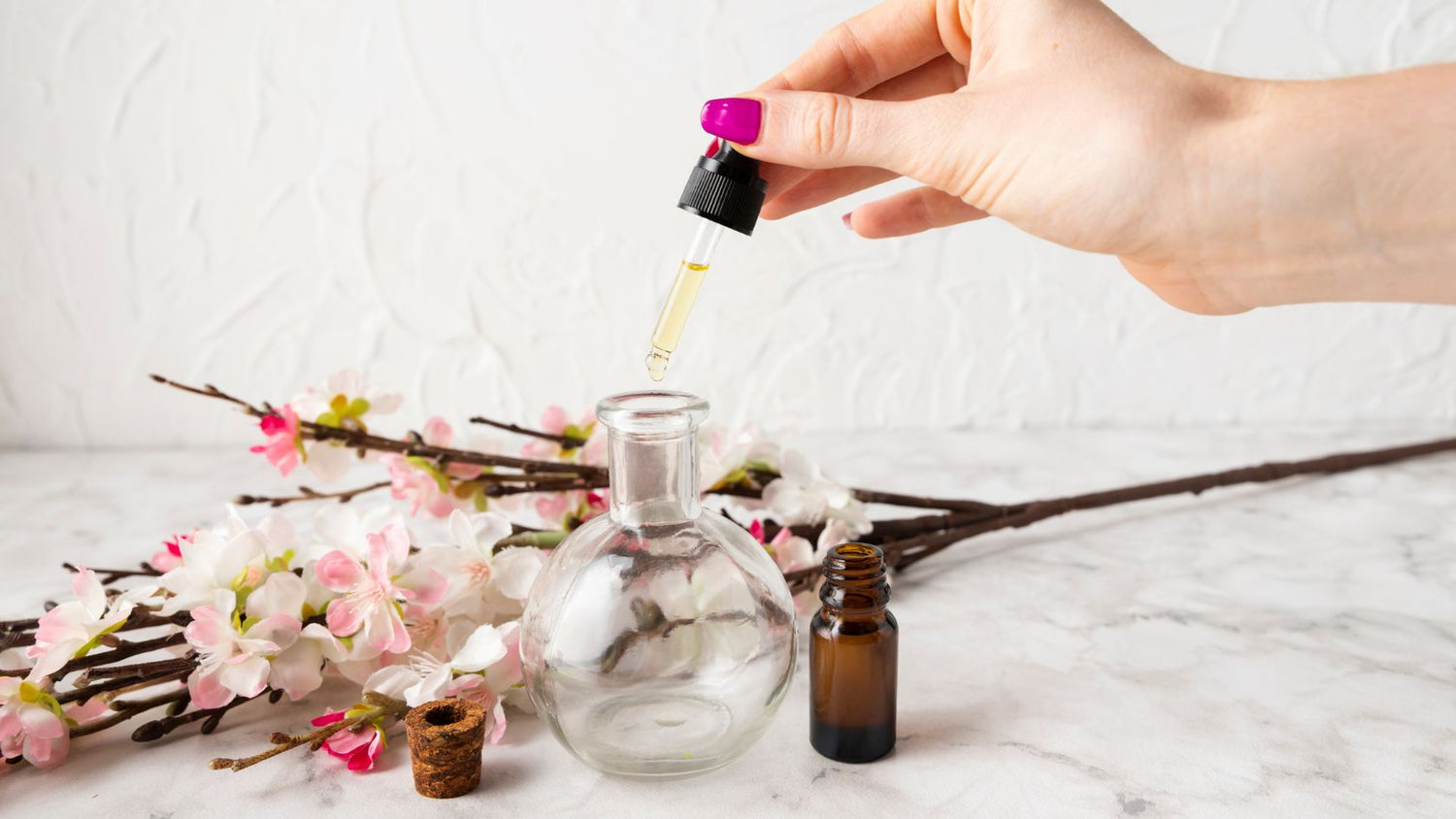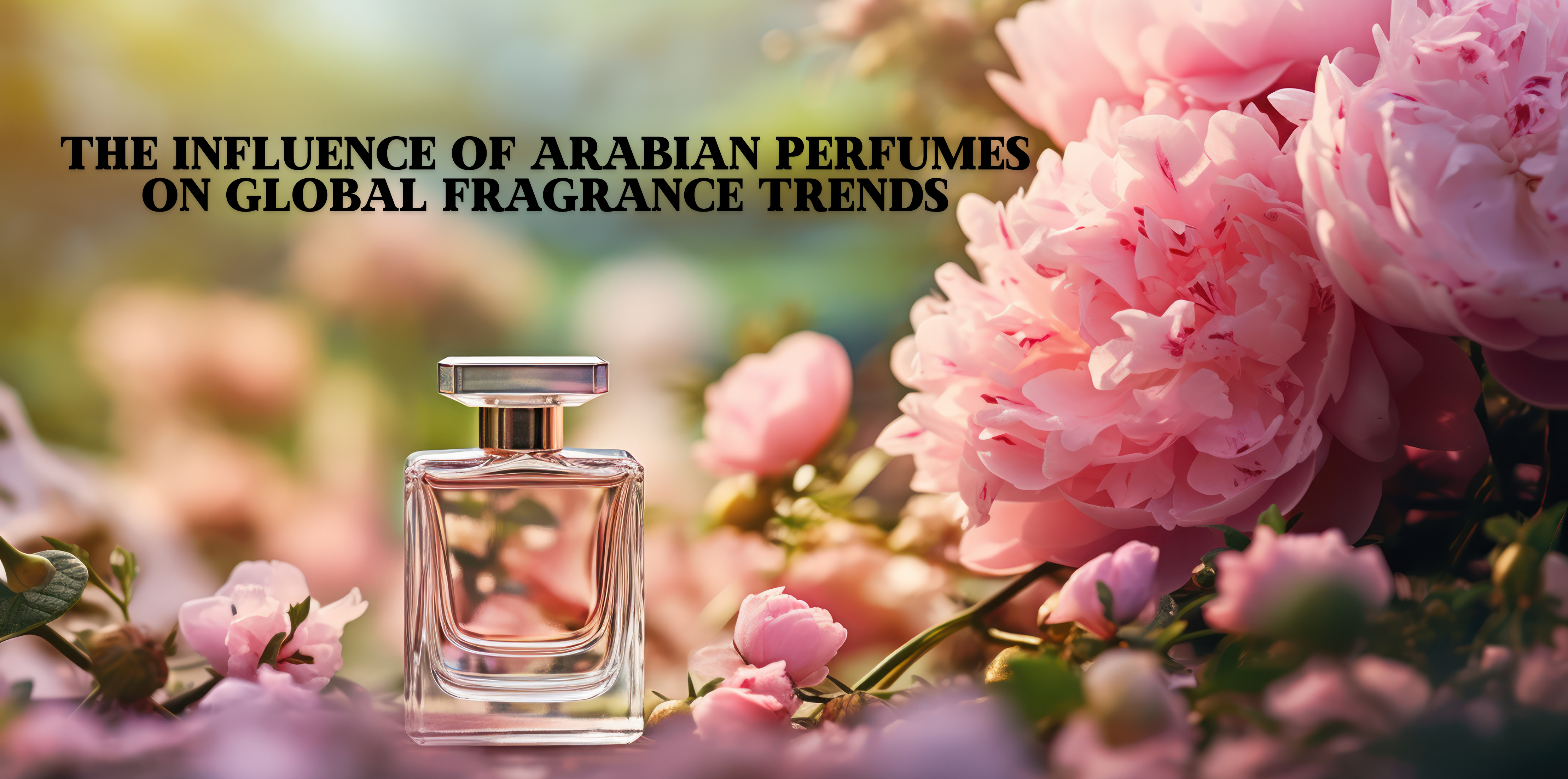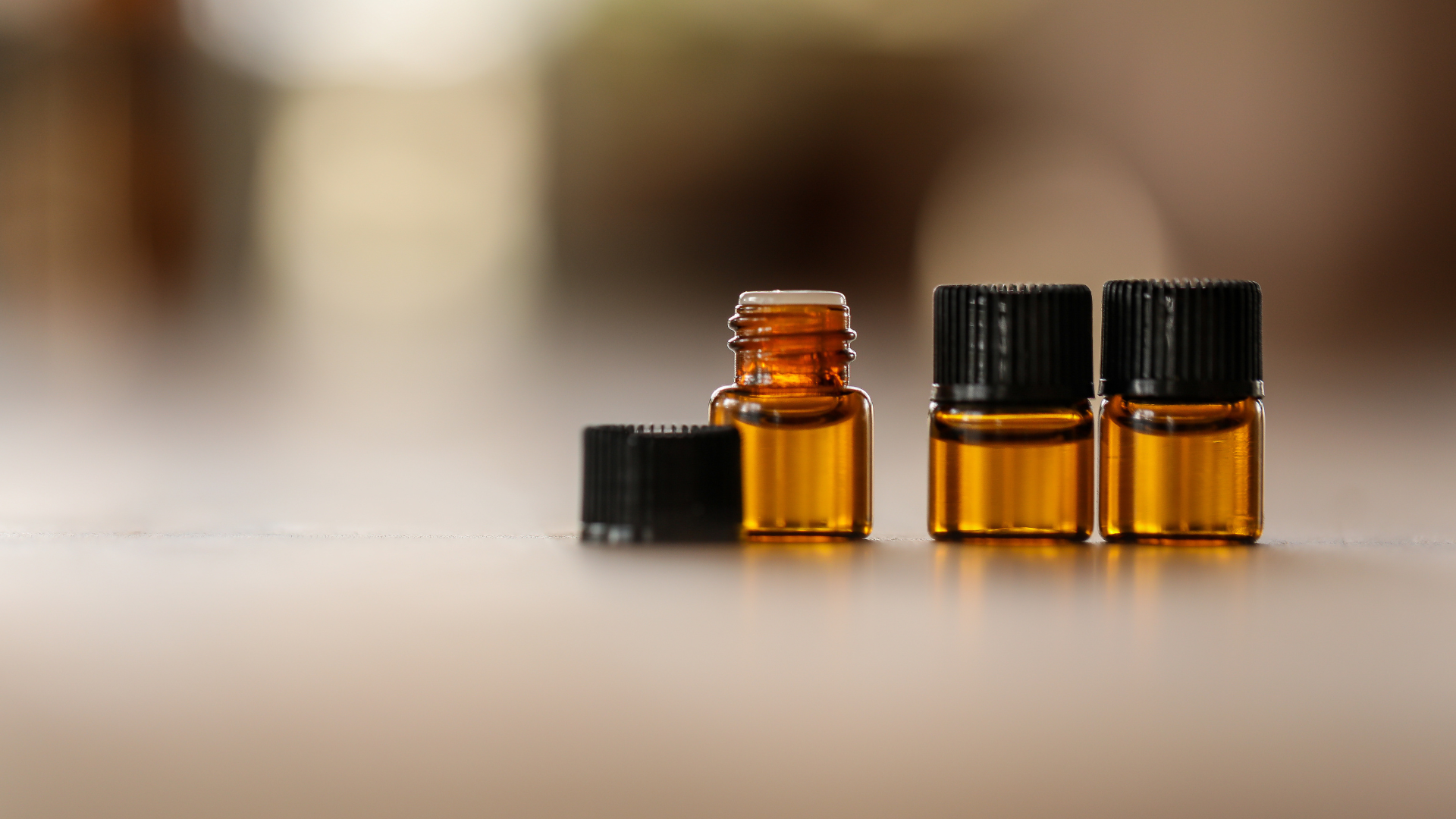Creating your own signature scent is an intimate and creative process, blending art and science to produce something uniquely personal. Whether you're a budding perfumer or simply intrigued by the aromatic world, this guide will help you understand the basics of how to create your own perfume and set you on the path to crafting fragrances that resonate with your personality and style.
Understanding Fragrance Notes
Before you dive into creating your own perfume, it's essential to understand the structure of a fragrance. Perfumes consist of three notes: top, middle, and base. These notes interact to create a harmonious scent.
- Top notes are your fragrance's first impression, usually light and fresh. They are the first to evaporate due to their molecular structure.
- Middle notes, or heart notes, are the core of the perfume, unfolding a few minutes after application. They give the cologne its character and are usually more mellow and rounded.
- Base notes are the last to develop and the longest-lasting. They provide depth and solidity to the perfume, often rich and deep.
Essential Tools and Ingredients for Perfume Making
To start making your cologne, you need some essential tools and ingredients:
- Carrier oil (jojoba or sweet almond oil) or high-proof alcohol (like vodka) as the base
- Essential oils or fragrance oils for your scent notes
- Distilled water to dilute the mixture
- Coffee filters for straining any solids
- Glass bottles for storage to avoid chemical reaction
- Pipettes for precision in transferring liquids
Visit our perfume store for a comprehensive selection of essential oils and tools tailored for beginners.
How to Create Your Own Perfume: A Step-by-Step Guide

- Conceptualize Your Scent: Think about what you want your perfume to evoke. Is it a reflection of your personal style, a memory, or something you find inspiring?
- Choose Your Base: Decide whether you prefer an oil-based or alcohol-based perfume. Alcohol-based perfumes have a stronger sillage and evaporate faster, while oil-based scents are more subdued and last longer on the skin.
- Select Your Notes: Based on your scent preferences and the character you want your perfume to embody, select various essential oils. Remember to balance the top, middle, and base notes to create depth.
- Blend Your Perfume: Begin with the base notes, followed by the middle, and finish with the top. This sequence helps the scents combine effectively. Use pipettes to carefully add your oils, drop by drop, and record how many drops you use of each.
- Dilution: Once you have your fragrance blend, add your carrier (alcohol or oil) and distilled water. A typical ratio is 20% perfume oil to 80% carrier, but you can adjust this based on how potent you want your perfume to be.
- Age Your Perfume: Let your perfume sit for at least a month. This aging process allows the scents to meld and develop, enhancing the fragrance's complexity.
- Test and Tweak: After aging, test your perfume on your skin to see how it reacts with your body chemistry. Adjust the fragrance if needed by adding more notes or diluting further.
- Finalize: Once satisfied, filter your perfume through a coffee filter to remove any sediment and transfer it to a clean glass bottle for storage.
For a more in-depth exploration and personalized guidance, consider our service to create own perfume, where you can experiment with a variety of essences under expert guidance.

Essential Tips on How to Make Your Own Fragrance for Beginners
- Begin with small quantities to allow for experimentation without wasting materials.
- Write down every combination and ratio. This will be invaluable when you create a blend that you particularly love.
- The process of creating a perfect scent can be lengthy. Patience is key as you tweak and mature your fragrance.
Conclusion
Learning how to make your own fragrance is a rewarding journey that offers a unique blend of creativity and personal expression. It allows you to craft a scent that is distinctly yours, embodying your personality and preferences in a bottle. Whether you are doing it for fun, as a potential career, or simply to create that perfect personal gift, the art of perfume making is a delightful skill to cultivate. Remember, every great perfumer started with a single scent. Why not start yours today?

